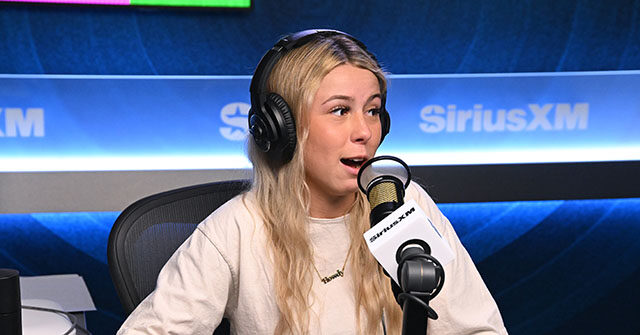Haliey Welch, widely recognized for her viral “hawk tuah” video, is currently encountering significant backlash following her launch of a new cryptocurrency, $HAWK. The coin, introduced on the Solana blockchain, garnered substantial attention due to its connection to her popularized phrase, which denotes a specific sexual act. However, within mere hours of the its launch, $HAWK experienced a dramatic decline, plummeting from a market valuation of $490 million to just $29.1 million. As the dust settled, many investors expressed frustration and disappointment over the precipitous drop in value, with some taking to social media to voice concerns over potential fraudulent practices. They are even considering reporting Welch to the authorities due to allegations of insider trading and mismanagement.
Despite Welch’s assertions to Fortune prior to the launch that $HAWK was not a “cash grab,” numerous buyers criticized her integrity when the coin’s value rapidly deteriorated. Reports indicate that approximately 96 percent of the coin was initially controlled by insiders, raising suspicions about potential malfeasance. This sharp 94 percent decline has incited a wave of accusations from skeptics, who contend that Welch and her team exploited their position for financial gain at the expense of everyday investors. Consequently, these disillusioned buyers are contemplating legal recourse, further complicating Welch’s already precarious situation in the cryptocurrency landscape.
The negative sentiment further escalated when an investor allegedly swapped $1.4 million worth of another memecoin for $HAWK, only to emerge with $46,000 following its decline. Prominent figures in the cryptocurrency community, such as YouTuber Coffeezilla, have publicly denounced Welch’s ventures, warning potential investors against engaging with $HAWK. On his platform, Coffeezilla described the coin’s launch as one of the “most miserable” he had ever seen, attributing the detrimental outcomes to insider trading and deceptive practices by Welch and her team. He critiqued their actions during a recorded discussion in an X Space, which Welch later deleted, adding fuel to the fire regarding allegations of unethical business conduct.
In the aftermath of the launch, public sentiment leaned heavily toward skepticism and distrust, with influential crypto enthusiasts urging their followers to take action against Welch’s practices. One such individual, operating under the alias @imperooterxbt, claimed to have filed a report with the U.S. Securities and Exchange Commission (SEC) in response to the unfolding events and encouraged others to do the same. Through his posts, he questioned how multiple individuals could profit substantially without making legitimate investments, further intensifying calls for accountability. These sentiments echoed broadly on social media, with various users humorously suggesting that Welch will need to “talk tuah” to a judge regarding the situation.
Despite the backlash, Welch maintained a defensive stance in her interview with Fortune. She discussed her previous skepticism towards cryptocurrencies, admitting she once viewed them as a “scam,” but claimed her perspective shifted. Welch mentioned that she aimed to establish a new means of interaction with her fanbase through the memecoin initiative. Her manager, Jonnie Forster, expressed a desire to comply with securities laws while describing the concept as a way to “tokenize” Welch’s fanbase, suggesting a model that melds engagement and financial innovation.
Ultimately, the whirlwind surrounding Haliey Welch and her $HAWK cryptocurrency underscores the volatile intersection of pop culture, social media, and financial speculation in the modern digital era. As the controversy continues to unfold, it raises critical questions about investor protection, regulatory oversight, and the ethical responsibilities of influencers launching financial products. Welch’s situation serves as both a cautionary tale and a reflection of the complex dynamics within the cryptocurrency market, where the lines between genuine engagement and opportunistic exploitation can often become blurred.

